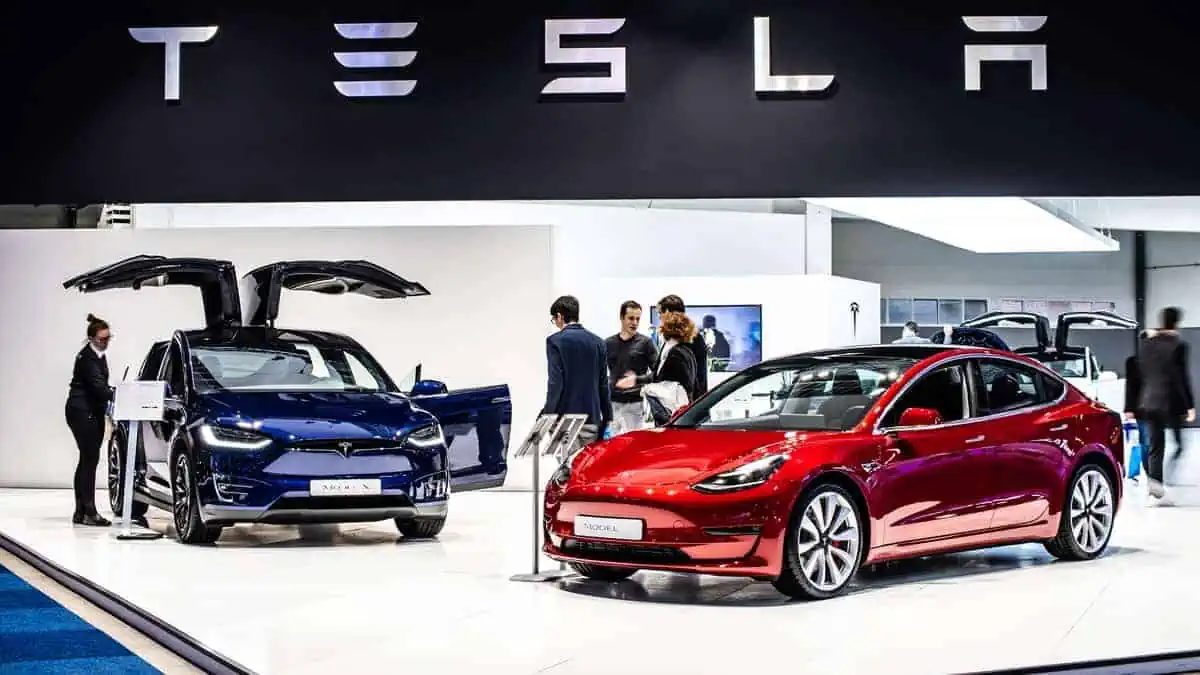Electric vehicle giant Tesla has just lost its once unbeatable dominance in JD Power’s owner satisfaction surveys as traditional automakers catch up.
Tesla’s EV owner satisfaction reign ends
JD Power’s 2024 US Automotive Performance, Execution and Layout (APEAL) Study showed that other electric players have now overthrown Tesla for the first time. Impressively, these EVs also beat gas models too.
Non-Tesla all-electric vehicles recorded their all-time high of 877 points, beating Tesla’s results by 7 points. This latest result signifies a years-long decline for the Musk-led company:
- 2020: 896 points
- 2021: 893 points
- 2022: 887 points
- 2023: 878 points
Notably, Tesla officially entered the industry calculation for the first time in 2022. However, it refused then to give JD Power access to owner information in the states where certain law requires that permission. Consequently, Tesla loses eligibility for awards from JD Power.
Tesla’s owner satisfaction decline suggests that legacy automakers are finally nailing customers’ preferences when it comes to EVs.
“Traditional manufacturers have listened to the voice of the customer. They’re launching enhanced vehicles that are more in line with what customers want, including improved interior storage and higher quality materials, as well as ensuring features have ease of use. For BEVs, recent launches from traditional manufacturers have surpassed perennial leader Tesla when it comes to owners’ level of emotional attachment and excitement with their new vehicle.”
Frank Hanley, senior director of auto benchmarking at JD Power
For context, the survey calculates owners’ satisfaction with new vehicle design and performance. It also measures owners’ emotional attachment and level of excitement on a 1,000-point scale. This year, the American data analytics and consumer intelligence company surveyed over 99,000 responses from owners to rank 2024-model-year models based on 37 attributes after 90 days of ownership.
Top brands – Premium segment
| Brand | APEAL Score | |
| 1 | Porsche | 891 |
| 2 | Jaguar | 886 |
| 3 | Land Rover | 882 |
| 4 | BMW | 881 |
| 5 | Mercedes-Benz | 876 |
| 6 | Lincoln | 874 |
| 7 | Genesis | 873 |
| Segment Average | 870 | |
| 8 | Cadillac | 868 |
| 9 | Alfa Romeo | 867 |
| 10 | Lexus | 866 |
| 11 | Infiniti | 856 |
| 12 | Volvo | 856 |
| 13 | Acura | 851 |
| 14 | Audi | 847 |
| ^ | Rivian | 900 |
| ^ | Tesla | 870 |
| ^ | Polestar | 839 |
As you can observe, electric vehicle startup Rivian recorded the highest score of 900 points. However, JD Power excluded it from the official ranking because “it does not meet study award criteria,” like Tesla.
Top brands – Mass market
| Rank | Brand | APEAL Score |
| 1 | MINI | 858 |
| 2 | Ram | 854 |
| 3 | Kia | 853 |
| 4 | Hyundai | 846 |
| 5 | GMC | 845 |
| 6 | Volkswagen | 844 |
| 7 | Buick | 842 |
| 8 | Chevrolet | 841 |
| Segment Average | 838 | |
| 9 | Dodge | 837 |
| 10 | Honda | 836 |
| 11 | Nissan | 835 |
| 12 | Mazda | 832 |
| 13 | Ford | 831 |
| 14 | Toyota | 831 |
| 15 | Jeep | 828 |
| 16 | Subaru | 828 |
| 17 | Mitsubishi | 821 |
British automotive brand MINI dominated in the mass market segment with a score of 858 points, followed by American commercial vehicle maker Ram’s 854 points.
Tesla’s continuous decline in EV owner satisfaction points is primarily due to its aging electric vehicle lineup, enabling new EV players to gain ground. While the Tesla Cybertruck pickup is a new model, the more mainstream offerings in the brand’s lineup are now lagging behind competitors when it comes to designs, interior materials, and driving range, among others.






